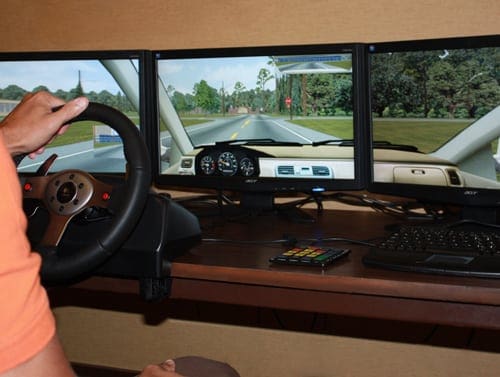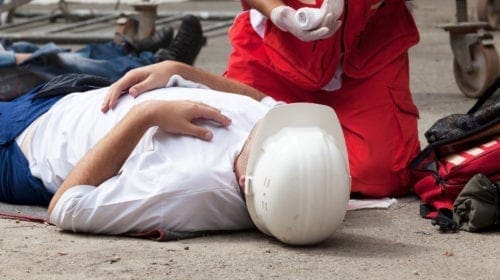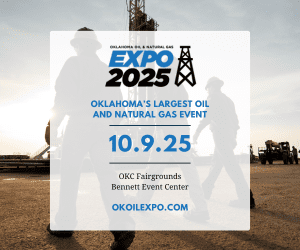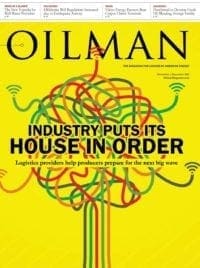The demands of some oil and gas professions include a willingness to remain on call and travel anywhere at a moment’s notice, to remote locations and offshore. Truckers, hot shot drivers, crew change services, superintendents and foremen may be called upon at any time to travel distances on rural routes and winding coastal roads.
Motor vehicle accidents are a leading cause of workplace fatalities. The U.S. Bureau of Labor Statistics reported 4,585 fatal driving accidents in 2013 – 1,865 of those fatalities occurring on the roadway. The potential for fatigued driving is great when coupled with the fast pace of the oil and gas industry.
Distracted driving is also a major factor in motor vehicle accidents. Use of mobile devices while operating a motor vehicle can cause visual and manual distractions when the driver takes his or her eyes off the road and hands off the steering wheel. Even hands-free options for using cell phones can cause cognitive distraction, impairing the driver’s ability to operate a motor vehicle safely.
Mounting research and the growing number of vehicle-related deaths from distracted driving have prompted 46 states, including Louisiana, to ban text messaging for all drivers. Fourteen states have also passed laws prohibiting all drivers from using hand-held cell phones while driving.
“LWCC realizes that vehicular travel is a major work-related exposure for our policyholders,” Mike Page, director of safety and loss prevention for LWCC, said. “In an effort to assist our policyholders with controlling their driving exposure, LWCC offers a wealth of training materials.”
Those workplace safety resources include online training courses, streaming videos, and on-site assistance provided by in-house safety and loss prevention professionals.
Many accidents may be preventable through education and safer driving practices. As part of its commitment to workplace safety, LWCC offers an interactive virtual driving simulator to its policyholders. The simulator provides a proven defensive-driver training curriculum without the expense and hazards of actually driving on the road.
The defensive driver course was adopted from the National Safety Council Defensive Driving Course curriculum. The virtual driver has six modules, each containing computer-based learning and simulated driving exercises. Simulations contained in the curriculum feature distracted driving, vehicle hazards, impaired driving, speeding risks, avoiding head-on collision, and following large vehicles. Each simulation experience may be modified to include weather and lighting conditions that exist in the real world, such as rain, storms, night driving, fog and snow.
Lesson plans can be designed that meet the driver training needs specific to each policyholder. As with all safety services and resources offered by LWCC, the driving simulator is provided to policyholders free of charge.
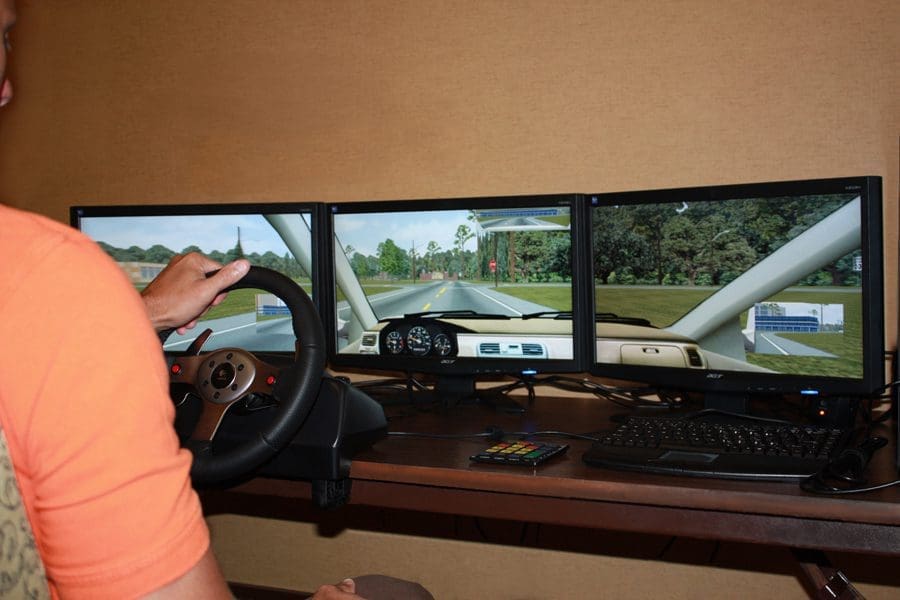
Richard Perkins, CSP, is the safety services manager for LWCC. Headquartered in Baton Rouge, La., LWCC is a private nonprofit mutual insurance company that is rated “A” (Excellent) by A.M. Best Company. As the largest writer of workers’ compensation insurance in Louisiana, LWCC employs over 240 people and serves approximately 20,000 policyholders in the state. Named to the 2017 Ward’s 50 group of top-performing insurance companies, LWCC was recognized for achieving outstanding results in the areas of safety, consistency and performance over a five-year period, 2012–2016. For more information, please visit www.lwcc.com.

